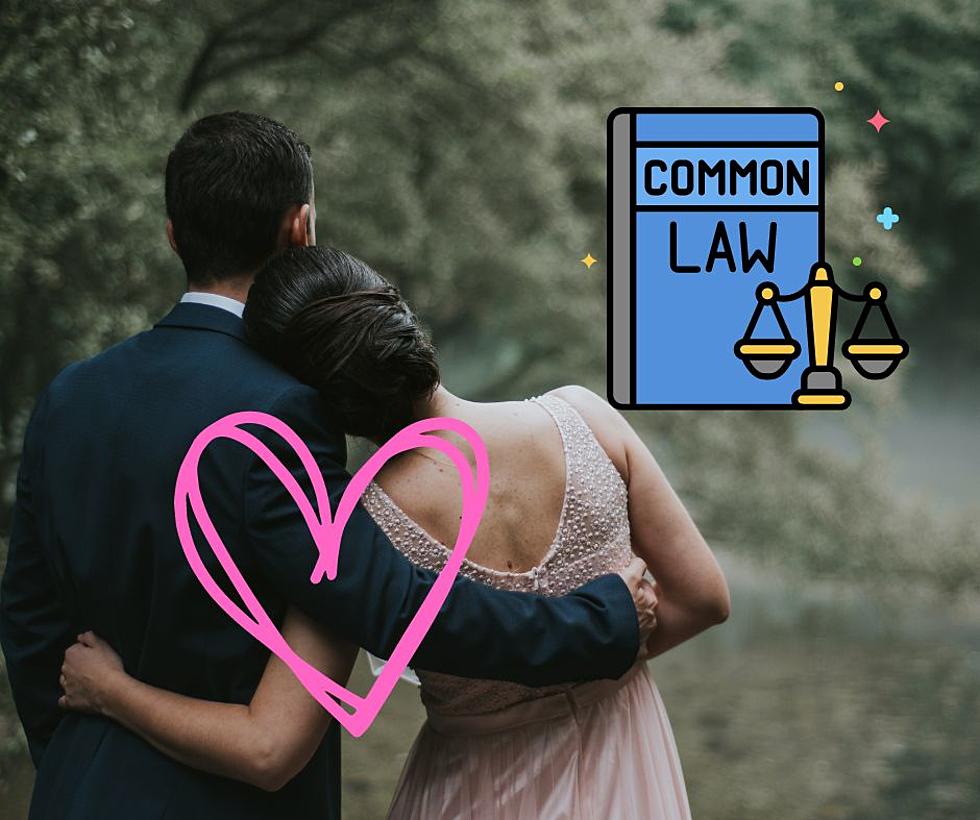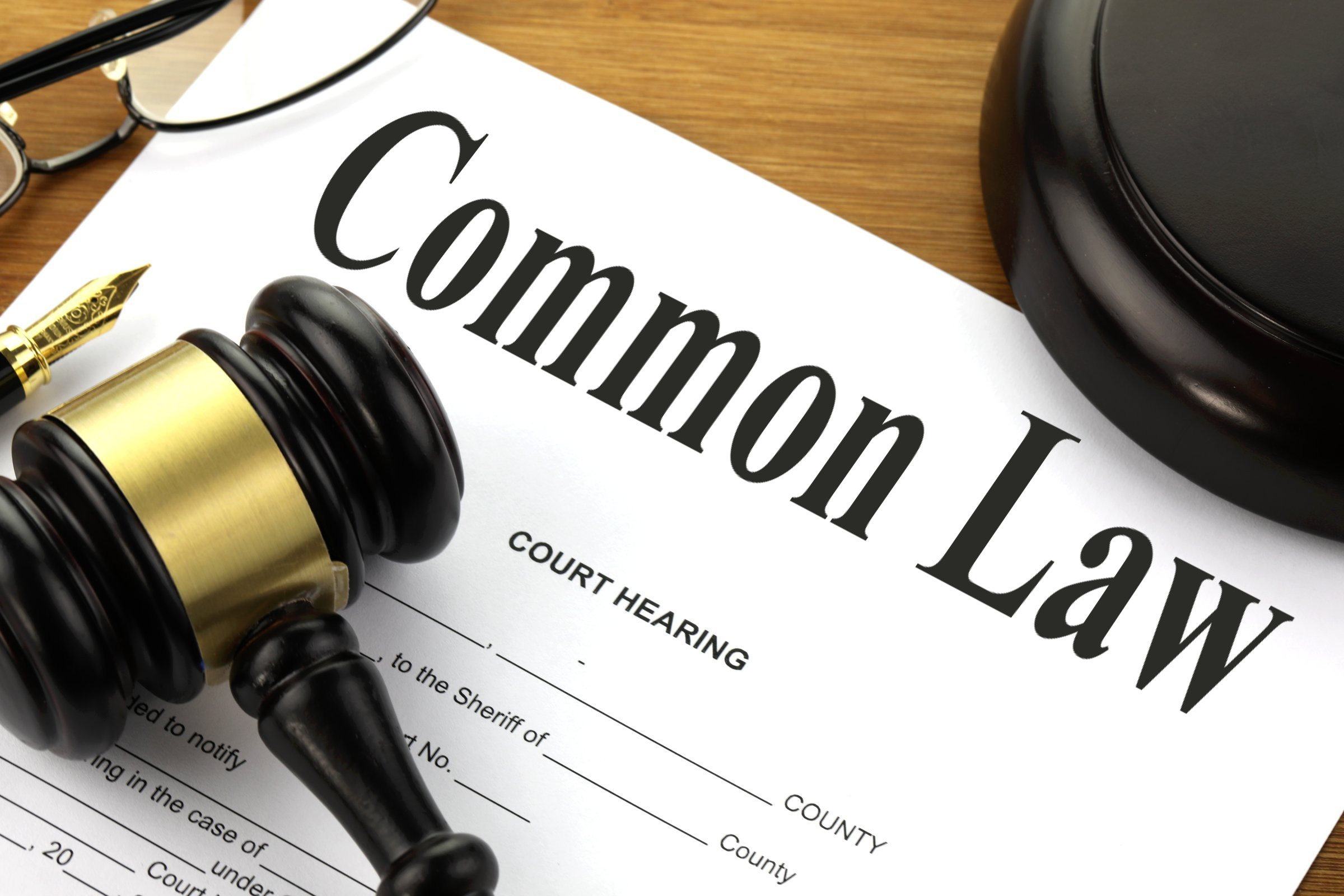If you are considering a common law marriage in Illinois, it is important to understand the requirements and legal implications. A common law marriage is not recognized in every state, so be sure to check with a qualified attorney to see if it is an option for you. There are specific steps that must be followed in order to establish a common law marriage in Illinois, and the consequences of a failed common law marriage can be serious. Read on to learn more about common law marriages Illinois.
Contents
- 1 What Is Common Law Illinois?
- 2 Does Illinois Have Common Law Marriage?
- 3 What Are the Requirements for Common Law Marriage in Illinois?
- 4 What Are the Legal Implications of Common Law Marriage in Illinois?
- 5 How Do You Prove a Common Law Marriage in Illinois?
- 6 How Many Years Do You Have To Live Together For Common Law Marriage In Illinois?
- 7 What Rights Do Common-Law Spouses Have In Illinois?
- 8 FAQ: Common Law Marriage
- 8.1 When did common-law marriages end in Illinois?
- 8.2 Is common law marriage still in effect in Illinois?
- 8.3 What is a common-law wife entitled to?
- 8.4 What happens if your partner dies and you are not married?
- 8.5 Is a common-law wife entitled to half?
- 8.6 Are common law partners entitled to anything?
- 8.7 Does Ohio honor common law marriage?
- 8.8 Does Illinois have cohabitation laws?
- 8.9 How do i end a common-law marriage in Illinois?
- 8.10 Is my common-law marriage valid if i leave Illinois?
- 9 Conclusion: Common Law Marriage Illinois
What Is Common Law Illinois?
Common law marriage illinois is a form of marriage recognized in some states which allows individuals to be considered legally married without undergoing a formal, state-sanctioned marriage ceremony. In order for a common law marriage to be valid in Illinois, both parties must meet certain criteria as established by the state.
Does Illinois Have Common Law Marriage?
Yes, Illinois does recognize common law marriage. However, it is important to note that the state has very specific requirements which must be met in order for a couple to be considered legally married under this type of arrangement. As such, it is highly recommended that any individuals considering entering into a common law marriage consult with an attorney beforehand to ensure they meet all applicable requirements.
What Are the Requirements for Common Law Marriage in Illinois?
In order to be considered legally married through a common law marriage, both parties must meet the following criteria:
• Both parties must be at least 18 years of age;
• Both parties must agree that they are married;
• Both parties must represent themselves to the public as a married couple; and
• Both parties must live together in an open, marital relationship.
Additionally, both parties must understand that they are entering into a legally binding agreement by taking part in a common law marriage illinois.

What Are the Legal Implications of Common Law Marriage in Illinois?
Common law marriage carries the same legal obligations and benefits as a traditional, state-sanctioned marriage ceremony. Both parties are legally entitled to the assets of the other upon divorce or death, can seek alimony payments if applicable, and must adhere to the terms of any prenuptial agreements they have entered into. Additionally, if one party dies without a will, the other may be able to claim a portion of their estate.
It is important to note that in order for a common law marriage to be recognized as valid by the state of Illinois, both parties must meet all of the criteria listed above and have taken part in a legally binding agreement. If either party fails to meet any of the requirements stated above, their marriage may not be recognized by Illinois.
How Do You Prove a Common Law Marriage in Illinois?
In order to prove that a common law marriage exists in Illinois, both parties must be able to present clear and convincing evidence to support their claim. This can include documentation such as joint bank accounts, tax returns filed together, or other financial records which demonstrate cohabitation and shared finances. Additionally, any statements by third parties will also be taken into consideration, such as sworn testimony from family and friends regarding the couple’s relationship status.

How Many Years Do You Have To Live Together For Common Law Marriage In Illinois?
There is no specific time frame that must be met in order for a common law marriage to be valid in Illinois. However, it is important to note that the court may consider factors such as length of cohabitation and shared finances when making a determination of whether or not the couple meets all applicable requirements for a legal marriage. It is generally recommended that couples live together for a minimum of two years in order to be considered legally married.
What Rights Do Common-Law Spouses Have In Illinois?
Common law spouses in Illinois have the same rights as traditional married couples when it comes to matters of property, child custody, inheritance and spousal support. Additionally, common law spouses are also subject to all laws pertaining to marriage, such as those prohibiting bigamy or laws pertaining to prenuptial agreements.

FAQ: Common Law Marriage
When did common-law marriages end in Illinois?
Common-law marriages were officially abolished in the state of Illinois on June 1, 2016. After this date, any couples wishing to be legally married must do so through a traditional marriage ceremony.
Is common law marriage still in effect in Illinois?
No, common law marriage is no longer recognized as a valid form of marriage in the state of Illinois. As such, any couples wishing to be legally married must do so through a traditional marriage ceremony.
What is a common-law wife entitled to?
Common-law wives in Illinois are legally entitled to the same rights that any other married couple would be, such as property rights, child custody rights, spousal support and inheritance. Additionally, common law spouses are also subject to all laws pertaining to marriage, such as those prohibiting bigamy or laws pertaining to prenuptial agreements.
What happens if your partner dies and you are not married?
If your partner dies without a will, and the two of you were not legally married, then the surviving partner may have difficulty making a claim to any of their estate. In order to obtain any assets or property belonging to the deceased, the surviving partner would need to prove that they had an established common law marriage in accordance with Illinois state law prior to their partner’s death. If a common law marriage can be established, then the survivor may be able to make a claim to some portion of their partner’s estate.
Is a common-law wife entitled to half?
In Illinois, the division of assets acquired during a common law marriage is generally determined by the court. This means that the surviving partner may not be entitled to half of their deceased partner’s assets, depending on the circumstances. However, they are at least entitled to a fair and equitable portion of their spouse’s estate.
Are common law partners entitled to anything?
Common law partners are legally entitled to the same rights that any other married couple would be, such as property rights, child custody rights, spousal support and inheritance. Additionally, common law partners are also subject to all laws pertaining to marriage, such as those prohibiting bigamy or laws pertaining to prenuptial agreements.
Does Ohio honor common law marriage?
No, Ohio does not recognize common law marriage. Couples wishing to be legally married must do so through a traditional marriage ceremony in order for their union to be recognized and valid in the state of Ohio.
Does Illinois have cohabitation laws?
Yes, Illinois does have laws pertaining to cohabitation. For example, it is illegal in the state of Illinois for unmarried couples to live together if one of them is already married to someone else. Additionally, couples who are not legally married but are living together may be considered common law spouses depending on the amount of time they have been cohabitating. This could have implications for matters such as property rights and inheritance if one of the partners were to pass away.
How do i end a common-law marriage in Illinois?
Under Illinois law, common-law marriages are no longer recognized or valid. Therefore, there is no need to formally end such a marriage as it is already considered legally defunct. However, if the two parties wish to sever their legal ties in order for one party to remarry, they can do so by filing for a divorce in the state of Illinois. Additionally, any assets acquired during the common-law marriage should be divided in accordance with state law should either party wish to pursue such a course of action.
Is my common-law marriage valid if i leave Illinois?
No, common-law marriage is only valid in the state of Illinois, and therefore leaving the state would nullify any such marital union. In order for a couple to be legally married, they must participate in a traditional marriage ceremony or obtain a civil union if they wish to remain legally bound as a couple outside of Illinois. Additionally, they must follow any other necessary state or federal legal requirements in order to make the union valid.
Conclusion: Common Law Marriage Illinois
Common law marriage is a valid option for individuals wishing to bind themselves legally to one another in the state of Illinois. However, it is important to understand the legal implications involved and make sure all applicable criteria have been met before entering into a common law marriage. Consulting with a qualified attorney can help ensure that both parties are protected and fully understand their rights and obligations within the marriage.
This article is for educational purposes only, and does not constitute legal advice. If you have questions about common law marriage in Illinois, please contact a qualified attorney in your area.
Scott A. Bentley Attorney at Law in McHenry, IL is a debt relief and personal injury attorney dedicated to helping people in their time of need. He can assist in filing bankruptcy under the bankruptcy code or work with you through a personal injury case. His more than 25 years of experience provide him with the insight and knowledge you need when contending with difficult legal issues. Scott Bentley bankruptcy services stop: Creditor harassment, Lawsuits, Garnishments, Foreclosures, Repossessions, By filing for chapter 7 or 13 bankruptcy with Scott Bentley, you’ll also be able to create personal reorganization plans that serve to resolve individual bankruptcy issues. He and his staff are committed to providing you with dignified service and the respect you deserve. Just because you owe someone or some company money doesn’t mean you forfeit your rights. With Mr. Bentley you can be sure you will receive personalized attention and aggressive legal representation. The firm is proud to
